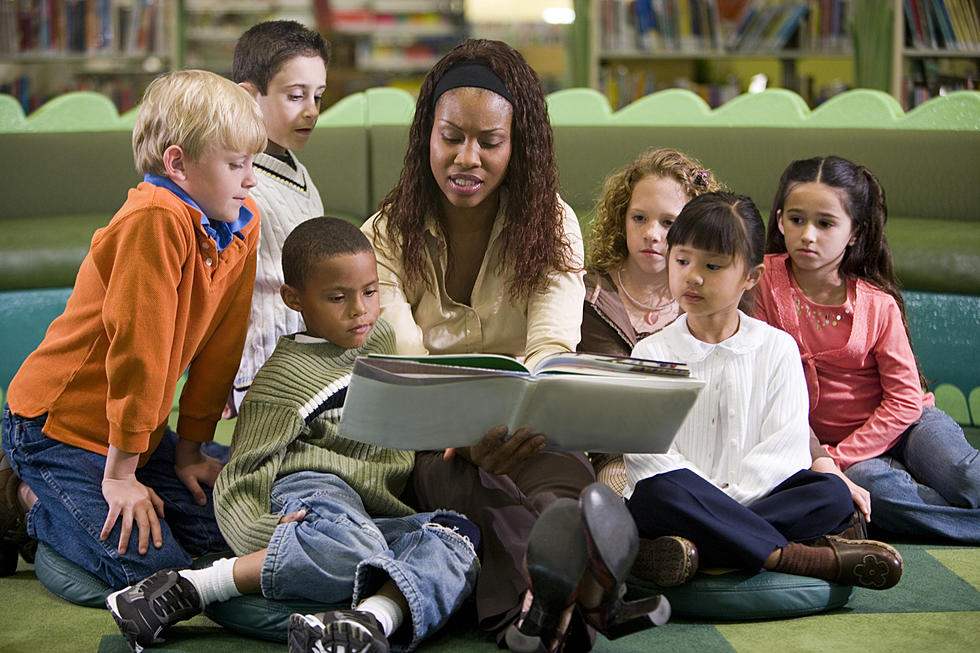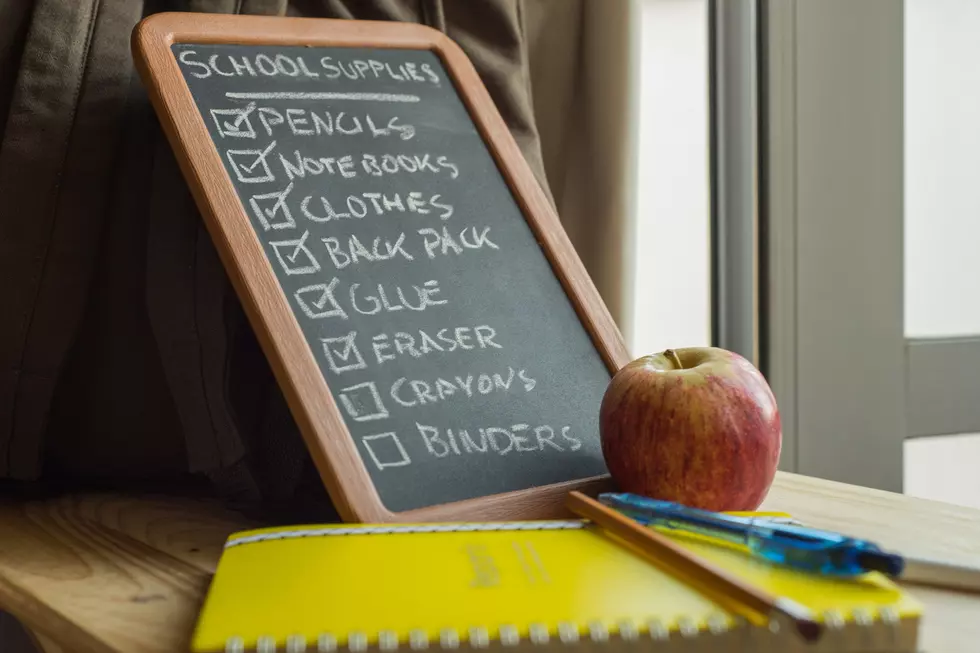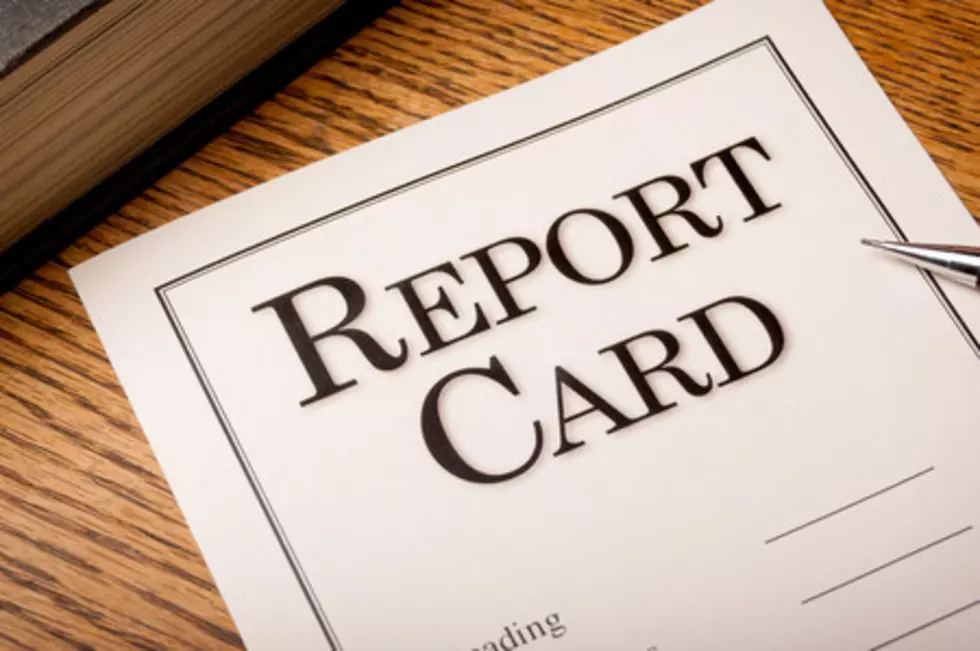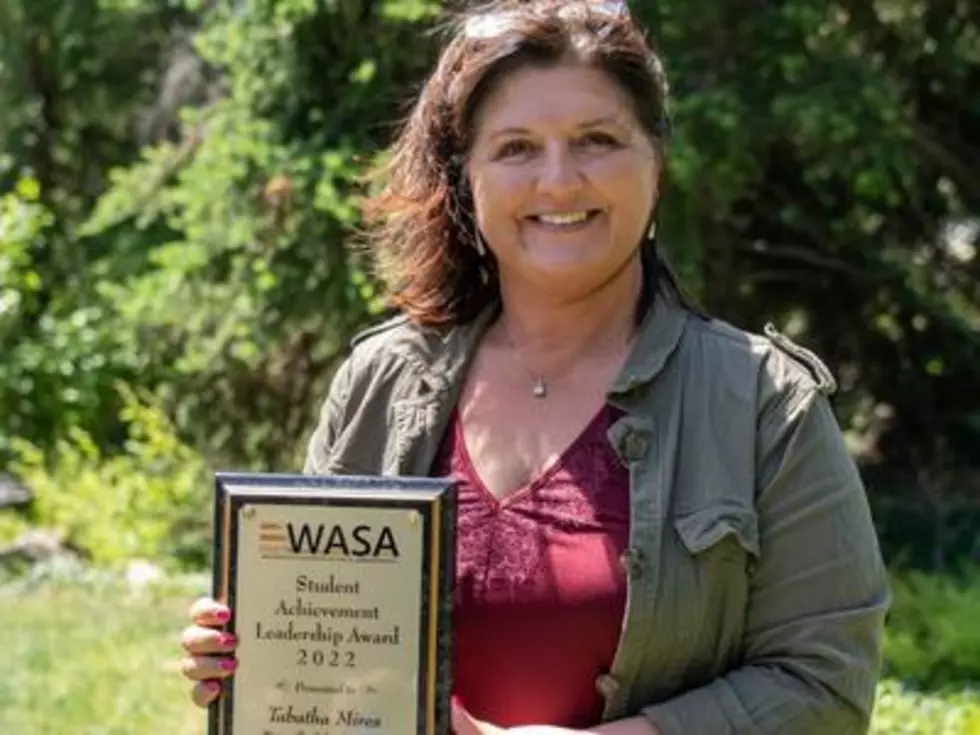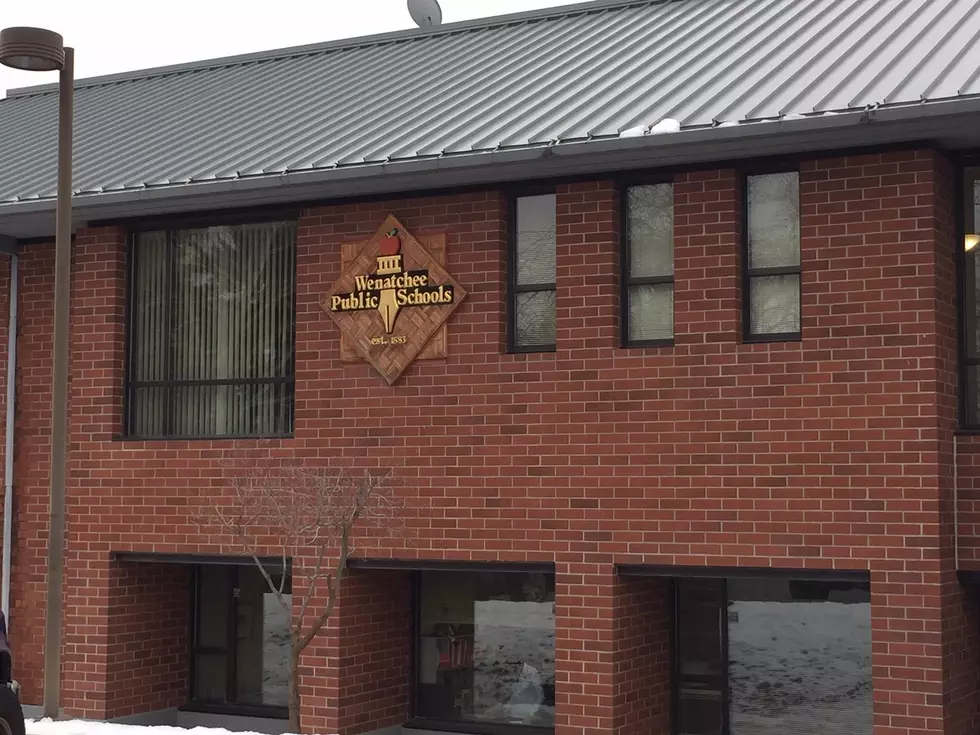Summer Learning Day Stresses Importance of Time Away From School
It's Summer Learning Day, a recognition of the importance of education, even in the months when kids are away from school. Groups across Washington state are dedicated to preventing the "summer slide" that can leave kids behind when the next academic year starts. Heather Powell, C-E-O of the Boys and Girls Clubs of Whatcom County, is a former teacher and says she saw this effect on students. She says the slump can be especially severe for working families who don't have the resources for a summer program – and too often, this means children from low-income households and kids of color.
"As a leading youth-serving agency whose tagline is, 'When school's out, clubs are in,' we have a responsibility to be making sure that over the summer, we're doing activities with kids that set them up to be successful when they return to school."
Powell notes that kids can be two full grades behind in math by the time they enter fifth grade without summer learning. But cost can be a big barrier for families. According to the Center for American Progress, Washington families will spend 14 percent of their income on summer-learning programs. Fortunately, this is below the national average of 20 percent.
Summer learning programs don't necessarily look like school. David Strich, 21st Century Community Learning Center coordinator for the Burlington-Edison School District, says programs often involve field trips to the San Juan islands, sports, and even rocketry. He says it's important to give kids social and emotional learning skills – to build relationships and understand themselves.
"The summer and other expanded learning opportunities, like our after-school programs, really provide the chance to fill out a holistic education for students that they may not get during the school year, or that teachers may want to provide but they're kind of hamstrung to be able to help with."
Powell believes investing in summer learning programs could save the country money, because it means students come back to school prepared.
"I think this is an easily solvable issue. More kids being engaged with summer programs – and they don't even have to be all-day programs, right? If they're just an hour or two a day – and they can be fun."
More From NewsRadio 560 KPQ
